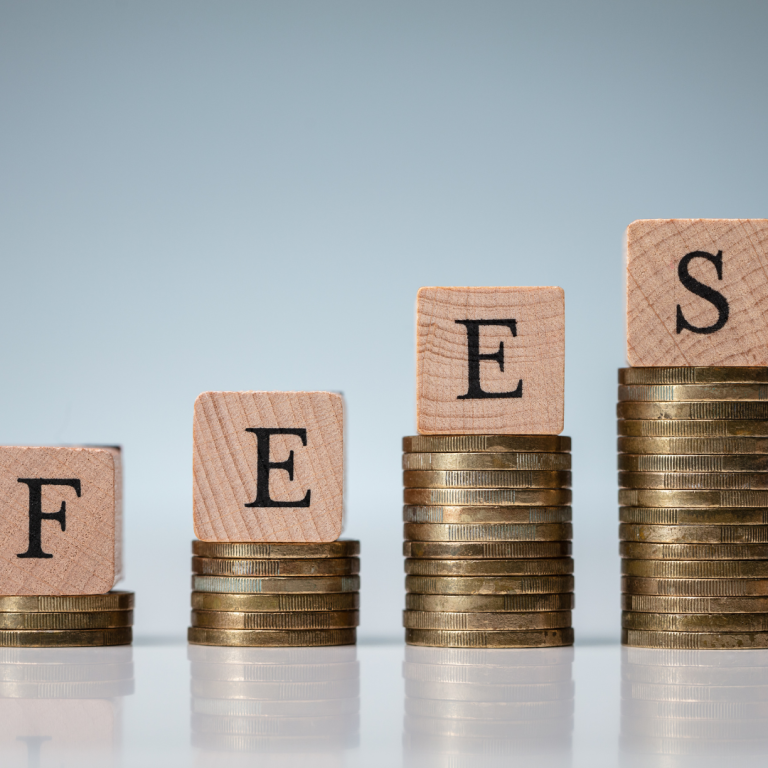Investments in the Covid-19 environment
Over the past two weeks or so, my team of advisers and I have taken numerous calls relating to the drop in global investment markets. The purpose of this communication is not to profess to be a Coronavirus expert, nor to try and predict the future, but solely to provide reassurances as to the implications to you and on your investment/pension portfolios.
Since COVID-19 exploded onto the scene at the end of December, it has been a very real humanitarian risk to the global population. However the investment markets really took notice once the virus spread beyond China’s borders. The significant quarantine measures required to contain the virus, and knock-on effect this has had and will have on all economies within the world has caused a significant sell-off within equity markets. At the time of writing, the FTSE 100 has dropped 30% to 5122 points since 21st February. On the plus side, none of our portfolios are made up solely equities. The diversification of fixed interest, gold and other non-equity based assets within our portfolios has resulted in portfolio returns of -10 to -17% over the same period.
Short Term Volatility v Portfolios losing Money
During these uncertain times, you will hear the phrase “Short-Term Volatility” an awful lot, so I wanted to clear up exactly what this means.
Why does any investor invest within equity-based investments? – To increase their rate of return beyond what is available in cash. Equity investing is necessary in order for assets to grow at least at the rate of inflation, because over the long term equity-based investments are one of the only asset classes to consistently grow faster than inflation.
HOWEVER……….. In order to balance the investor with the correct level of risk associated with the desired returns, one must also accept the short-term volatility that comes WHEN equity markets fall. Equity market movements are cyclical, Covid–19 is unique but it also happens to be the thing that has triggered the market downturn of 2020. Like the great depression in the 20’s, Black Monday, the gulf war, the dot com bubble of the early 2000’s, and the credit crunch of 2008, (only to name but a few) there is always something that hits markets and causes a downturn. Each of these occasions feel as though we will not get through them, but in time we do, and the markets recover.
Key points to remember
- Equity markets should only ever be invested in when funds are not needed in the short term.
- Equity markets are only suitable for investors with a timeframe of 5 years plus, because asset growth should still be achieved over 5 years even if 2-3 years of the 5 are right now.
- Even though your portfolio is down on where it was a month ago by X% (average is -15% for the period), unless you sell the assets then you have not realised this loss. Therefore unless you need the cash to spend specifically on something, then why on earth would you sell to crystallise the loss?
- You should be holding enough cash to cover emergencies, therefore do not need to withdraw investments during a downturn.
- Short-term volatility is expected to continue. This volatility is expected to be both rises and falls.
- Are you clear what the money you have invested is earmarked for??? Future retirement, income in retirement now, deposit for a child’s house? These are the important aspects of financial planning, which we take very seriously.
- Equity markets will recover, sit tight.
The telephone calls we have received in relation to the COVID-19 drop in investments all have the same underlying question – “Should I be doing anything?”
What you should NOT be doing
- Panicking or making knee-jerk reactions – Any investments we manage for clients should always be long term portfolios. Your portfolio will be aimed at a long term investment goal, therefore downturns such as this should be seen as solely short-term volatility and is part and parcel of a long term investment strategy.
- Excessive Withdrawals – Both regular and ad hoc withdrawals from your portfolio should be discussed with your adviser. Not so we can dictate what and when you can make withdrawals, but so we can work with you to plan the most opportune time to make the withdrawal, obviously in line with when you need the money. Withdrawing money now for the sake of it could have consequences to your portfolio, whereas discussing this with your adviser will allow for funds to possibly be withdrawn from a lesser affected asset.
- Meeting Face to Face – Although historically this would be our preferred method of contact, due to the current circumstances we are instigating a ‘No Meetings’ policy. All advisers and our support staff are available via telephone and email, but for now meetings will not be taking place.
What you SHOULD be doing
- Sit Tight – Even though not foreseen (as nobody has a crystal ball), this market downturn is part of a long term strategy and is why you should sit tight. You may or may not be in quarantine, but your portfolio most certainly should be!
- Know why you are invested – All Simpson Wood advisers take great care in knowing our clients and their needs, therefore I can assure you we all know what the long term investment strategy is for each portfolio we manage. If you are unsure, then please get in touch.
- Emergency Fund – During our initial and ongoing conversations, all Simpson Wood advisers would always reiterate the importance of keeping an emergency fund to draw on in times like now. If you are unsure as to whether you should be drawing down on your investments or using the earmarked emergency funds, then please get in touch.
- Buying at a Discount – If you have any funds that are surplus to requirements and could be deemed part of your long-term plans, investing now will allow these funds to be invested at a significant discount. I would urge anybody in this situation to get in touch with your adviser.
- Maximising Tax Allowances – Armageddon may seem on the horizon, but so is the tax year end. Emotions should be moved aside and business as usual should tried to be implemented as much as possible. Therefore if any and all ISA, pension or tax allowances should be maximised either side of the year end.
- Like and Follow our Social Media Pages – We are trying to keep the business moving as much as possible, which in the main can be done remotely in order to keep all of our staff and clients as safe as possible. The easiest way to keep everyone updated is via our social media pages, so would urge you to like and follow our pages linked at the top right corner of this page.
I hope this blog has fulfilled its intentions and reassured you to sit tight.
Naturally should you have any queries, please do not hesitate to contact your adviser.
Need Some Advice?
Looking for some help or a little advice?
Call today on 01484 534431 or fill in our enquiry form below, and we’ll call you back.











